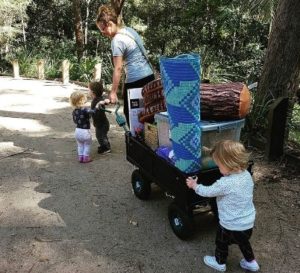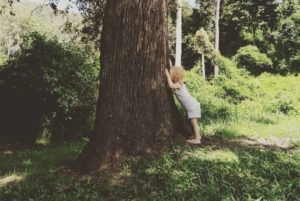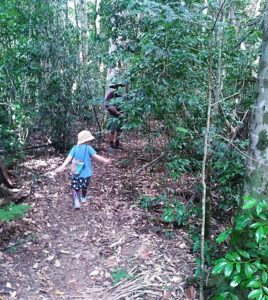
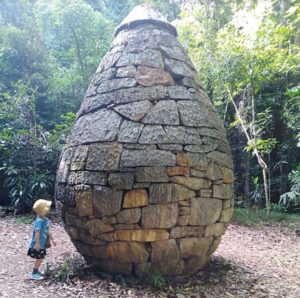


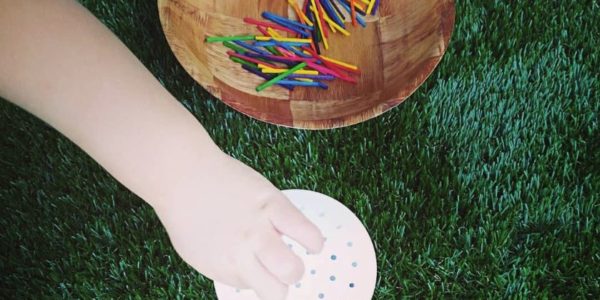


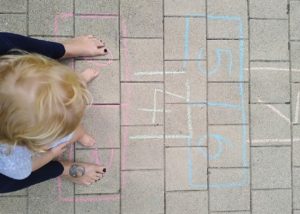
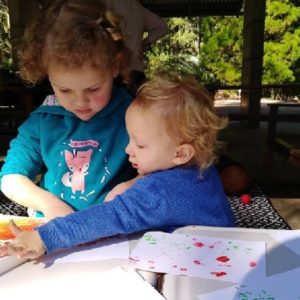
Your child is like a sponge. From early years to adolescence, interactions with those around them help to form an understanding about social norms and behaviour - helping them make friends, learn and have fun! Subsequently socialisation through exposure to different people plays a pivotal role in in your child’s development and influences their ability to learn about the wider world.
The fundamental point of socialisation is for your child to be able to function successfully in a social community - “success” in this context being the ability to communicate and remain relaxed in a social environment. Naturally parents, siblings and the wider family are often the first exposure a baby has to other human beings, the differences in other people's behaviour and personality. From their first months, recognition of your voice and face, rewarded with a smile, form the basis of initial interactions and being the process of socialisation (and brighten your day)!

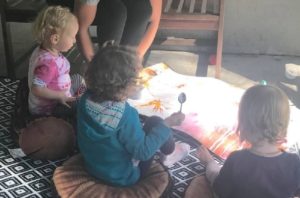
One quality that is an extremely beneficial outcome from making friends and group socialising is curiosity. Stimulating the exploration of their surroundings through offering fresh environments helps your child learn through experience, from others, ask questions and draw their own conclusions. This sense-making is fundamental to their further development as they approach ages 4 and above.
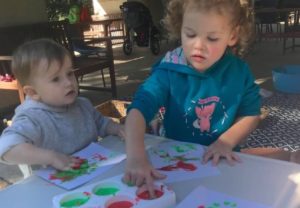
Whether they are homeschooled or attend traditional school, exposing your child to managed social environments helps them understand social settings and what is acceptable with other children and adults. This early exploration of new environments and settings equips them with the emotional intelligence to form healthy relationships going forwards.

